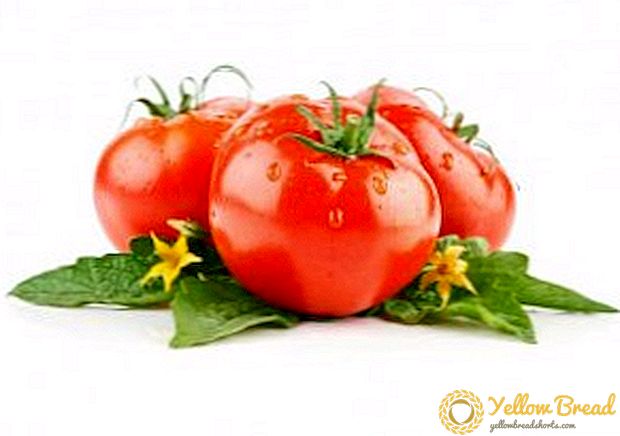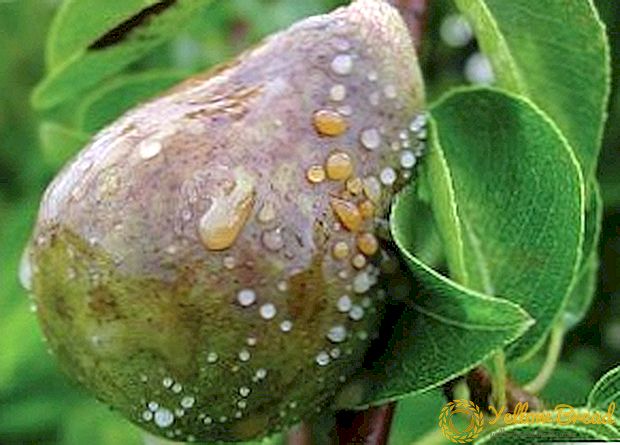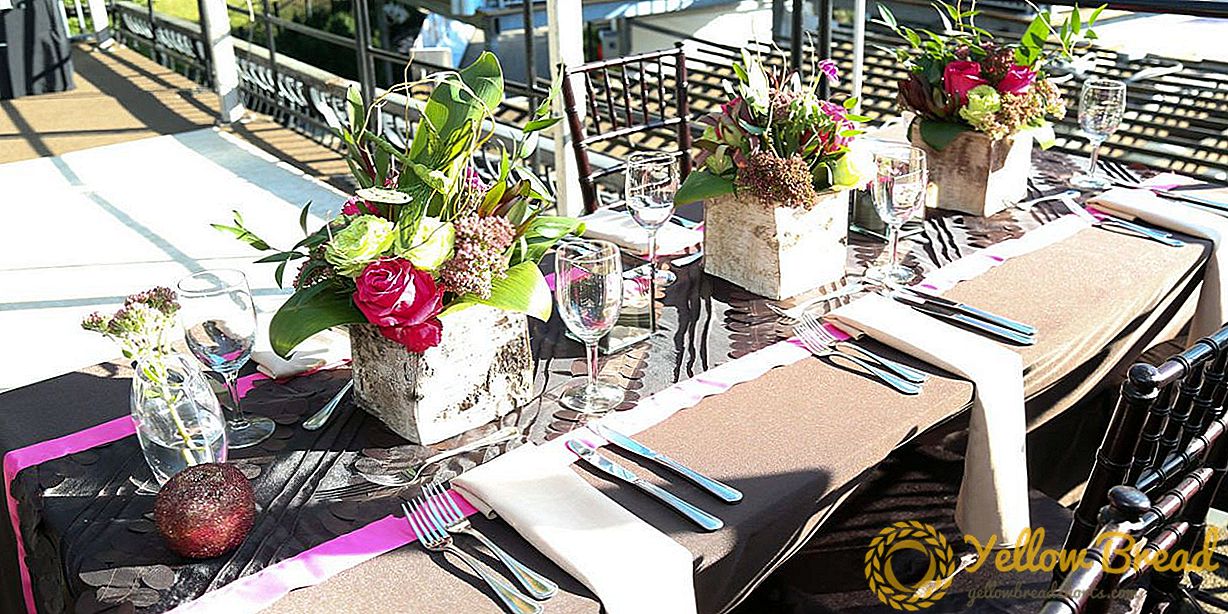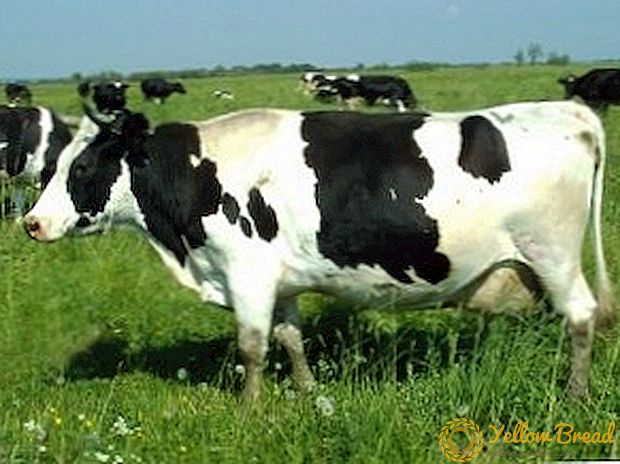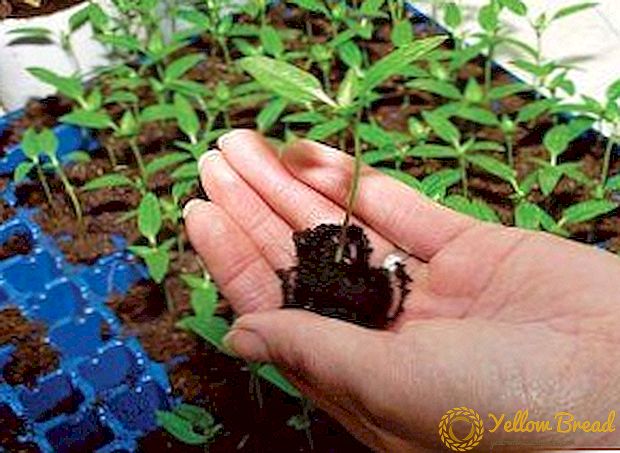
I will bury the grape seed in the warm earth,
And kiss the vine, and tear the ripe clusters,
And I will call my friends, I will set my heart on love.
Otherwise, why do I live on this eternal earth?
Bulat Okudzhava
As we all wanted, to grow grapes was so easy and simple, as Okudzhava writes: you just need a little love, attention and a great desire. In fact, for many it is more complicated than Chinese literacy, but the main thing is desire itself, and this article will help with advice and deed.
Choosing a place for landing
Choosing a place for planting grapes is very important, since the environment determines how successful your event will be. So, you need to remember:
- the grapes are a rather unpretentious plant, but do not like the soil, where saline impurities are abundant;
- on the site, choose a place on the south or southeast side, near fences or buildings, such an arrangement will allow the sun to light the grapes all day, and the presence of the building walls will allow heat to circulate in the dark;
- for the same reason, it is better to place the rows of grapes from north to south;
- do not forget about the distance between seedlings and between rows,if you plan to break a vine plantation: the optimal distance between seedlings will be at least 2-3 meters, and between rows at least 2.5-3 meters, this will give enough space for nutrition and development.
In general, an ideal place for grapes: high, sunny, rather dry, but not arid.
Terms of planting grapes in autumn
For the most optimal time for planting grapes, gardeners choose autumn. There are several reasons for this:
- seedlings do not require storage space, and therefore the risk of disease or damage is almost minimal;
- during the autumn planting, the root system of the seedling is already sufficiently developed and remains active, which allows, even with a negative temperature on the surface, to take root in the seedling and adapt;
- when spring comes, such a seedling immediately begins to awaken and develop, which reduces its susceptibility to early diseases and pests.
Preparation of the pit and seedling

When planting grapes must be borne in mind that this plant is a perennial and space, space for development and nutrition, you need quite a lot. To begin with the preparation of the landing pit.
The root system of grapes is very powerful, but most of it is located in the upper layer of fertile soil, which is at a depth of no more than 50 cm. The dimensions of the pit vary from 1m * 1m * 1m to 0.6m * 0.6m * 0.6m. It is advisable to prepare a pit for planting in advance, in about two weeks, but if there is no such possibility, then there is nothing criminal in it; the final result, significantly, will not be affected. After dug a hole - it must be properly filled.
Fill the hole correctly:
To refuel the pit, you will need: several buckets of manure, several buckets of fertile soil, 1 liter of wood ash, which is rich in potassium and various trace elements. For the development of seedlings, if desired, you can add 100-200 grams. phosphate fertilizer. All the listed components are mixed and evenly laid in the pit. Be sure to remember that before planting the ground should stand a little, for shrinkage. Now you should prepare the seedling itself.
The day before the intended planting, seedlings must be put in clean water with the addition of stimulants that will ensure good rooting. You can use a natural stimulant, such as honey.Remember that when planting the roots should be slightly wet, do not let them dry out.
That's it, now you are fully prepared to plant your seedling.
Go to the main thing: landing
When planting a new plant, two important criteria should be taken into account: the depth of planting and the location of the upper eye of the seedling.
On the prepared mixture of soil, manure and ash pour the fertile soil layer, without any additional additives. This layer will be a buffer between the roots and fertilizers, which will not damage the root system. On a buffer from fertile soil, lower our seedling and straighten its roots, as evenly as possible, across the area of the planting pit. The heel of the seedling should be placed at a depth of 40-50 cm and that it faces south, and the location of the plant's upper eye should be 10-15 cm below ground level.
Also, the eye of the future shoot should look from north to south, you can correct its position by tilting the seedling.
Next, half the length, the sapling we fall asleep with a fertile layer of earth, compact it and pour out about 1 bucket or 20-30 liters of water. We are waiting until the entire volume of water is absorbed into the soil. Upstairs leave only a few cobs.After the water has been absorbed, fill the hole to the former level with earth, but no longer tamp it.
Often, inexperienced gardeners believe that when planted in wet soil or in the rain, you can not water the seedlings. This is incorrect, since it is abundant watering that allows air tunnels to be removed from the root system and provides better root contact with the ground.
All you have successfully completed the landing process, but it is still too early to relax.
Seedling protection for the winter

The main stage of the work is finished, but it is necessary to protect the young plant from the approaching frost. When landing in the fall, it is recommended to combine two processes: landing and shelter for the winter. Please note that the autumn planting is carried out not later than 2 weeks before the onset of frost.
There are several ways to shelter saplings for the winter: one of them is to cut a plastic bottle and put it on a sapling, top it with a layer of soil by 15-20 cm. Mark the places where you planted the saplings, so it will be easier to find them in the spring. Also, seedlings can be covered with a tarpaulin and also covered with a small layer of earth, you can cover them with branches and opal leaves, which in the spring will create additional food for the young seedling.
I hope these tips will convince you that it is not necessary to buy good grapes in the store, but if you wish, you can really grow them yourself. Good luck.

